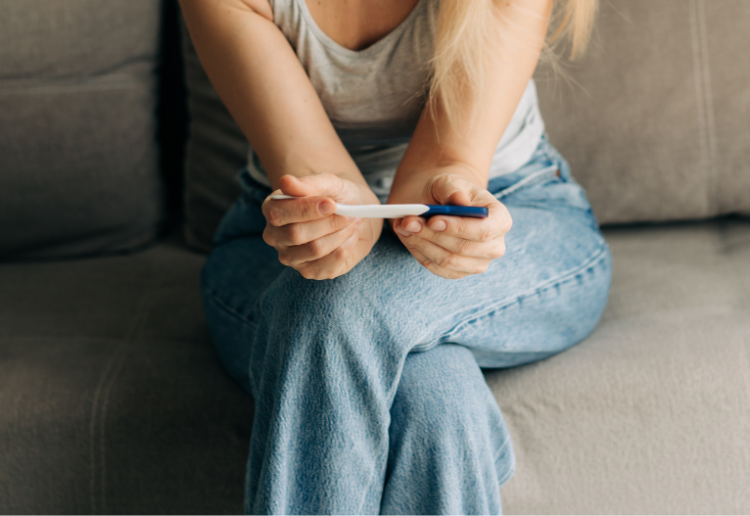Babies with peanut allergies in Australia will be offered a world-first treatment program in a model that aims to transform allergy care.
Ten paediatric hospitals across five Australian states have partnered with the National Allergy Centre of Excellence (NACE) to be the first in the world to introduce a nation-wide peanut oral immunotherapy (OIT) program into mainstream care.
Peanut allergy is the most common food allergy among Australian school-aged children, and it’s currently treated by avoiding peanuts in diets. The new ADAPT OIT Program safely builds a tolerance to the allergen, with the hope of achieving remission.
Professor Kirsten Perrett, Director of the NACE, Paediatric Allergist and Leader of MCRI’s Population Allergy Group, said unlike oral immunotherapy clinical trials, this treatment would be offered as a new standardised model of care. It will be the first peanut allergy treatment program offered in Australian hospitals outside of a clinical trial setting.
“Under this Australia-wide model, a food allergy test at the end of the treatment will help determine if remission was achieved. These children will then be followed in routine clinical care for at least 12 months to help us evaluate the acceptability, safety and effectiveness, quality of life and long-term outcomes.
“Ultimately, we want to change the trajectory of allergic disease in Australia so that more children can go to school without the risk of a life-threatening peanut reaction.”
The free program is only available to children under 12 months, who have been diagnosed with peanut allergy, and who are receiving care by an allergist at one of the participating hospitals.
Those eligible will follow a carefully planned daily dosing schedule of peanut powder, taken at home, over two years.
Peanut allergy affects 3.1% of 12 month-olds in Australia, and more than two thirds of children with a peanut allergy are still allergic by the age of 10.
“One of the biggest concerns for families living with peanut allergy is the fear of accidental exposure. This program has the potential to remove that burden,” said Dr Lara Ford, Allergist and Program Lead at the Children’s Hospital at Westmead in NSW.

Kirsten and Denis Chatwin first noticed their son Hunter was showing signs of a peanut allergy at just six-months-old, when he ate peanut butter and broke out in hives.
Now nine-months-old, Hunter has been referred to the program at The Royal Children’s Hospital in Melbourne.
“We are taking part in the program to try and improve his chance of being able to safely eat peanut in the future,” Kirsten said.
“Many families are desperate to protect their children from allergic reactions and anaphylaxis. Some are travelling interstate or even overseas for OIT treatment at private clinics, so to have this program available and free at public hospitals is a game-changer.”





















3:51 pm
7:00 am
7:46 pm
1:44 pm
11:26 am
8:11 am
10:39 pm
8:26 pm
10:06 am
10:00 am
7:51 am
7:46 am
-

-
-
mom93821 replied
- 02 Aug 2024 , 5:22 am
Reply6:02 am
4:38 am
3:47 am
3:15 am
10:59 pm
8:23 pm
7:49 pm
7:27 pm
- 1
- 2
- »
Post a commentTo post a review/comment please join us or login so we can allocate your points.